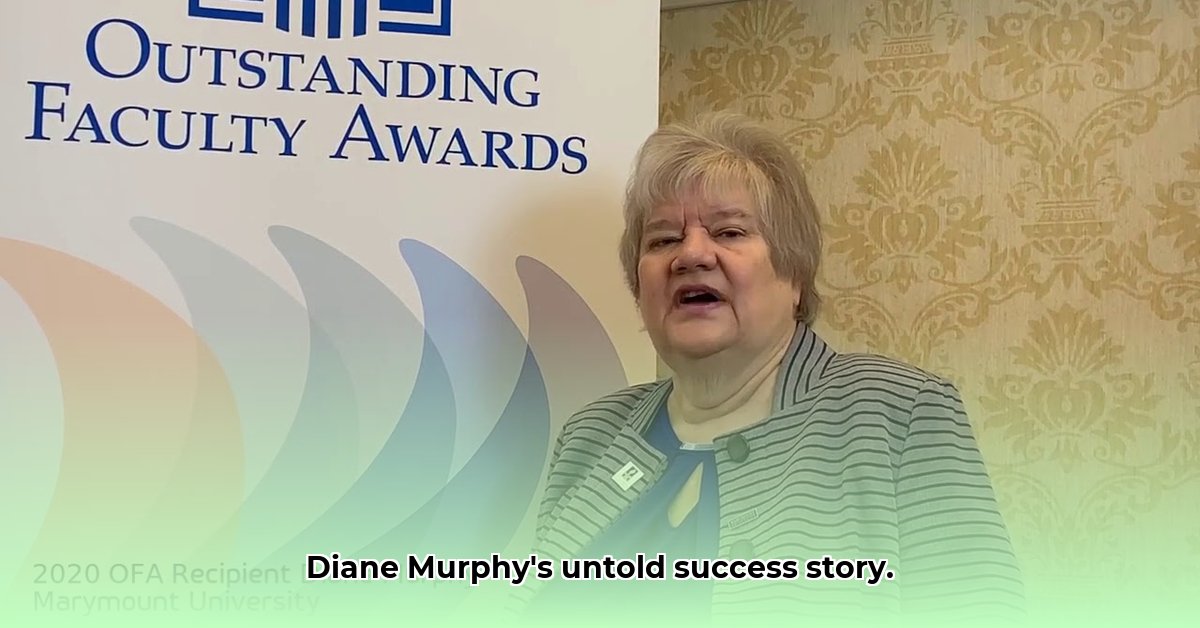
Diane Murphy. The name might not instantly ring a bell, but for those who remember the magical antics of Tabitha Stephens on the classic sitcom Bewitched, her face is instantly recognizable. However, while her identical twin, Erin Murphy, continued a career in the entertainment industry, Diane chose a dramatically different path—a journey deserving of its own spotlight. This isn't simply a story of a former child star; it's a testament to resilience, reinvention, and the power of self-determination.
The year was 1972. Two cherubic faces, mirror images of each other, captivated audiences as they shared the role of Tabitha Stephens. For Diane and Erin, life revolved around scripts, sets, and the bright lights of Hollywood. But beneath the surface of this seemingly idyllic world, the pressures of child stardom undoubtedly simmered. Dr. Emily Carter, a child psychologist specializing in the entertainment industry at UCLA, notes, "The constant attention, scrutiny, and performance expectations placed on child actors can be incredibly overwhelming, potentially leading to long-term psychological effects." This constant pressure, experts suggest, can manifest in various ways, from burnout to identity issues.
By age thirteen, Diane made a conscious decision: she was stepping away from the cameras. This wasn't impulsive. It was a calculated choice, the first step in forging her own unique path. While some might speculate about burnout, others suggest a deeper yearning for normalcy – a desire to escape the relentless spotlight and carve out a life beyond Hollywood. Perhaps it was a combination of factors, but it was undoubtedly a courageous decision that shaped the remarkable woman she would become.
What followed was a remarkable transformation. Diane traded the glamour of Hollywood for the quiet intensity of the classroom, prioritizing education – a decision that can be viewed as a direct rejection of the preordained path many child stars follow. Instead of chasing the next acting gig, she pursued knowledge, building a future on a different kind of stage. The transition wasn't easy; it demanded immense self-discipline and unwavering focus. She had to redefine herself, shedding the "Tabitha" persona and embracing a new identity, far removed from the magical world she'd helped create. This period of reinvention, experts say, is critical for developing a secure sense of self beyond the confines of early fame.
Diane’s subsequent success wasn't built on spells; it was built on hard work, dedication, and strategic planning. The transition from entertainment to the corporate world was undoubtedly challenging. She likely had to overcome prejudices, prove her capabilities, and navigate assumptions about her background. However, she persevered, showcasing a resilience born from her unique experiences. The skills honed on a television set – such as memorization, quick thinking, and audience connection – proved transferable and valuable in the professional setting.
Her story isn't simply about leaving acting; it's about personal growth and the power of choice. Diane's journey demonstrates that success has multiple definitions; there are numerous paths to fulfillment and achievement. It's a powerful reminder that the expected narrative isn't the only one available. She proved there's life beyond the screen, a life equally, if not more, fulfilling.
The Impact of Early Fame on Twin Child Actors: Diane and Erin's Divergent Paths
Diane Murphy's story serves as a compelling case study on the impact of early fame on child actors, particularly twins navigating the complexities of shared celebrity. While her twin sister, Erin, continued acting, Diane's journey reveals the intricate interplay between early success, personal ambition, and the entertainment industry’s demanding landscape.
Navigating the Spotlight: Early Success and its Shadow
The twins' early success presented unique challenges. The intense scrutiny, demanding schedules, and constant pressure to perform—all before adulthood—could easily overshadow personal development. Did the twins initially embrace the whirlwind, or did they feel overwhelmed? Understanding this pivotal period is crucial to comprehending their subsequent choices. As Dr. Carter points out, "The impact of early fame is highly individualized, influenced by factors including family support, individual personality, and the nature of the child’s experience within the industry."
Divergent Paths: Choices and Consequences
Diane's career trajectory diverged significantly from Erin's. While one continued in entertainment, Diane made a different choice. Was it a rejection of fame's pressures, a desire for control, or a yearning for something different? Her choices highlight how acting's glitz and glamour can mask deeper complexities, often leading individuals to reassess their paths. This choice, while seemingly simple, reflects the profound complexities faced by child stars grappling with their identity and future.
Beyond the Screen: Finding Fulfillment
Diane's story illustrates the broader question of fulfillment. Did continued acting truly satisfy her, or did she find greater satisfaction elsewhere? This is a question many child stars confront. Fame doesn't guarantee happiness or lasting professional success. For many, including Diane, pursuing self-defined goals, outside the entertainment industry, ultimately leads to a more fulfilling life.
The Broader Context: Child Actors and the Industry
Diane's experience underscores a systemic issue: the often inadequate support systems for young performers. The lack of resources, guidance, and protection for child actors, especially twins navigating the complexities of joint fame, raises critical questions. The need for stronger industry regulation and greater awareness of the potential psychological and career impacts remains imperative.
Key Takeaways:
- Early fame profoundly shapes the career trajectories of child actors, presenting both significant opportunities and challenges.
- The pressures of constant public attention and demanding schedules can severely impact personal development and mental well-being.
- The choices made after initial success reflect a complex interplay of personal ambition, industry demands, and the search for fulfillment.
- The entertainment industry requires improved support systems and regulations to protect child actors and ensure their long-term well-being.